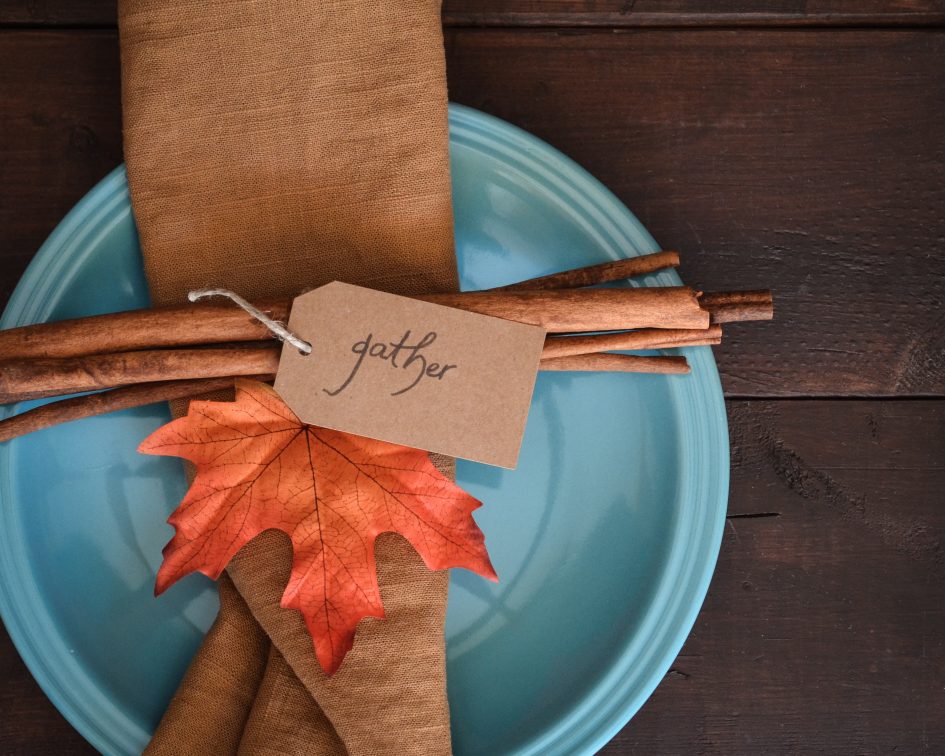Late November through mid-January is the time of year for thankfulness, gratitude and togetherness. The beautiful holiday decorations, gathering of families and increased travel can pose risks you haven’t thought about. While enjoying time with family and friends, make sure safety is a priority. Below are helpful hints from the National Safety Council to keep in mind this holiday season.
Avoid Decoration Disasters
Holiday Decorations
- Plants can spruce up your holiday decorating, but keep those that may be poisonous (including some poinsettias) out of reach of children and pets.
- Check holiday lights for exposed or frayed wires, loose connections, or broken sockets, and don’t overload your electrical circuits.
- Decorate the tree with kids and pets in mind. Move ornaments that are breakable and have metal hooks to the top.
- Always use a stepladder. Don’t stand on chairs or other furniture.
- Make sure inside pathways are clear to avoid trips and falls. Clear walkways of shoes, wrapping paper, decorations, toys, etc.
Prevent Fires
- Never leave burning candles unattended, and never sleep in a room with a lit candle.
- Don’t burn trees, wreaths or wrapping paper in the fireplace.
- Check and clean the chimney and fireplace area at least once a year.
- Be sure to water natural trees regularly. Needles can dry out and pose a potential fire hazard.
Keep Gatherings Fun and Safe
Holiday Food Safety
- Use a food thermometer to make sure meat is fully cooked.
- Refrigerate food within two hours of sitting out at room temperature.
- Generally, Thanksgiving leftovers are safe to eat for four days if refrigerated.
- Wash your hands frequently when cooking and preparing food.
Safe Gifts for Everyone
- Purchase age-appropriate toys.
- Be mindful of small parts that could pose as choking hazards. For infants and toddlers, if a toy part can fit inside a toilet paper tube, it is too small.
- Avoid toys with unsafe levels of lead, other heavy metals or phthalates. Visit sources like uspirg.org for their annual Trouble in Toyland list to learn more.
- Be cautious of high-powered magnets around children, which can be extremely dangerous if two or more are swallowed. Remove any small magnets from your home.
- Stay informed of toy recall lists via email with sources like the Consumer Product Safety Commission (cpsc.gov/Recalls).
- Forgo toys with strings, straps or cords longer than seven inches as they pose a strangulation risk.
- Choose toys that are not too loud for adult ears, as they will be unsafe for child ears. When testing a toy, hold it close to your ear, like a child would.
- Include age-appropriate safety gear, such as helmets, when purchasing bikes, scooters, skates, or the like.
- When purchasing plush toys, ensure all elements, such as eyes, are tightly secured.
- Do not buy toys with sharp edges or points for children under age 8.
- Never give children balloons. Balloons are responsible for more juvenile choking fatalities than any other toy or children’s product.
- Consider cyber security before introducing internet-connected toys. Learn more about the Children’s Online Privacy Protection Act (COPPA).
- Ensure any art materials are labeled as nontoxic.
- For older adults, choose gifts that are not too heavy or difficult to handle.
To and From: Travel Safely
Travel Tips
- Always have a designated driver if alcohol consumption is involved.
- Make sure everyone in the vehicle wears their seatbelt.
- Avoid distracted driving – especially involving cellphones. If you are using a phone for directions, have a passenger navigate, or become familiar with the directions before you travel.
- Make sure your vehicle is properly maintained and has enough fuel. It is recommended to keep an emergency kit in your car with blankets, food, bottled water, etc.
- Be patient with traffic and icy or snowy weather.
The holidays are a beautiful time to spend with friends and family. We take time to reflect on the year and be thankful for the people in our lives. Try to be mindful of safety during the holidays and the brand-new year that follows. If something is predictable, it is preventable. Asset Health wishes you a safe and healthy holiday season.
Resource:
https://www.nsc.org/home-safety/tools-resources/seasonal-safety/winter/holiday

